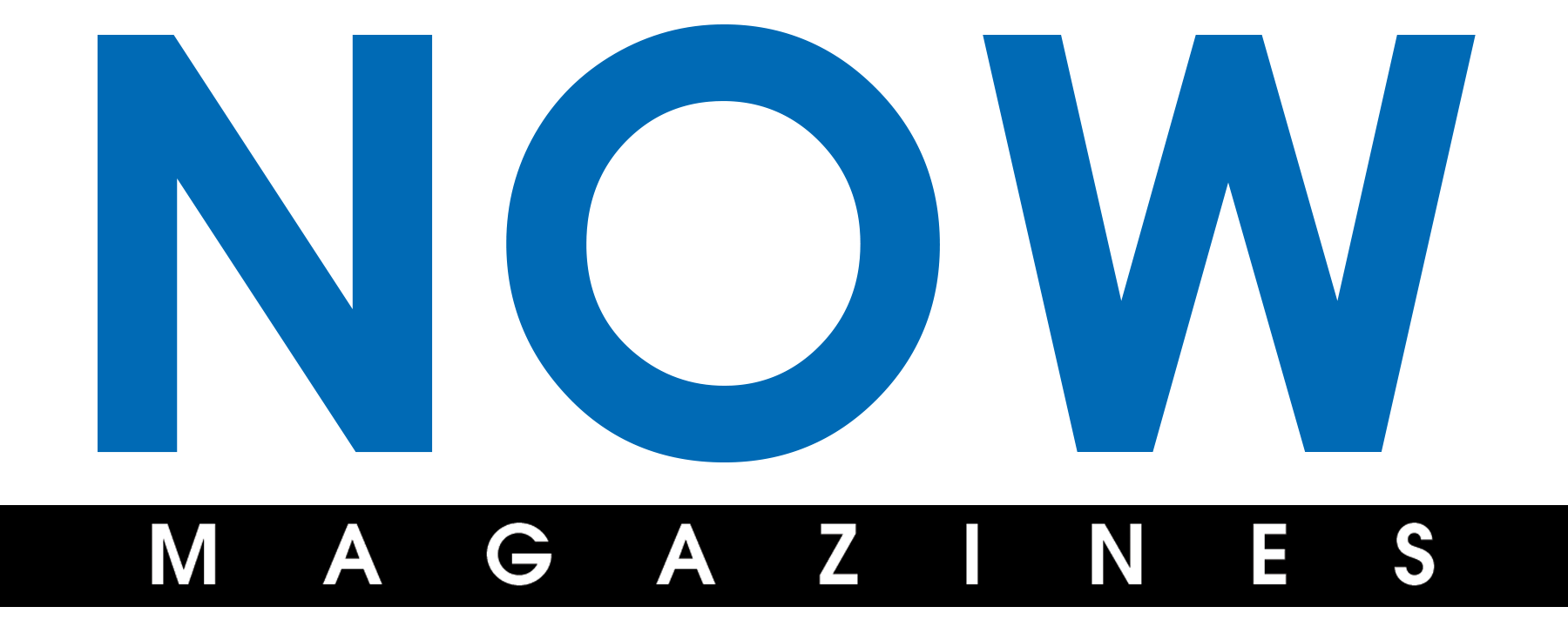
Training your brain. Is it possible? The answer is a resounding “yes,” and as a licensed nurse and educational therapist, Debbie Hume, RN, M.Ed., does just that at Neuropathways to Learning in Aledo.
Debbie’s primary focus is brain mapping and neurofeedback training, which is recommended for attention-deficit disorder and has been validated by the American Psychological Association and the American Academy of Pediatrics. “Once the brain has received training and symptoms improve, the need for medication is reduced or no longer needed,” Debbie stated. Children and adults who have been diagnosed with ADD, learning disabilities, sensory processing disorder, anxiety, obsessive-compulsive disorder, depression or who are on the autism spectrum could benefit from the training.
The process begins with brain mapping, which is an assessment tool using an electroencephalogram (EEG) cap to acquire data from the brain to determine a baseline. The EEG cap is placed on the client’s head to collect electrical signals
as they watch a relaxing video. The data is sent to an encoder and compared to “normal” EEGs to determine areas in the brain that are out of sync. Brain mapping is used to develop personalized neurofeedback protocols, which help increase the individual’s state of awareness and train them to self-regulate mind and body.
Neuro means brain, and feedback is the message the brain receives to give guidance and correction. Neurofeedback training is motivational by giving the brain a high percentage of rewards, leading it into a more energy-efficient state.
For training, the client can choose either a video game and receive points or watch a movie where the feedback will be an effect like bubbles or rain over the screen. When the brain is learning while watching a movie, the bubbles will ebb and flow on the screen as the brain figures out the direction the trainer is asking it to go. Over time, through repetition and training, the brain figures out how to be more efficient.

“I started doing this because my son had ADD,” Debbie stated. Her son was referred to receive neurofeedback training. At the time, she worked as the director and clinical coordinator for the special needs division of Grace International School in Chiang Mai, Thailand. She began training in neurofeedback for ADD and used her newfound knowledge on her son, training him throughout 40 sessions. “We saw such wonderful results, and I thought, Well, if it works for him, it can work for others, too.”
Because of their results, the Thai government commissioned Debbie to develop the neurofeedback and brain mapping program for the Child Development Center in Thailand. “I’m a consultant for their research publication and have continued working with them overseas to advance neurofeedback.” She is also approved by the Biofeedback Certification International Alliance to mentor others getting certified in the neurofeedback field.
Another service offered at Neuropathways to Learning is the Interactive Metronome, which is a clapping/tapping movement exercise used to improve sports performance or to improve attention in ADD. She also provides Irlen screenings, which detect visual distortions that create reading challenges.
Debbie offers free consultations to understand the concerns of potential clients, who range in age from 7 years old to adult. Debbie is not licensed to diagnose or prescribe medications. She accepts private pay for services. Her Aledo office is adjacent to Dr. Janet O’Donnell, a child psychologist, who provides neuropsychological testing. They are separate entities but often collaborate for the benefit of their clients.
Neuropathways to Learning
107 Larson Ln., Ste. 200
Aledo, TX 76008
(910) 257-7800
[email protected]
neuropathwaystl.com
Facebook: facebook.com/neuropathwaystolearning
Hours:
Monday-Thursday: 9:00 a.m.-7:00 p.m.
Saturday: 9:00 a.m.-1:00 p.m.
Written by Amber D. Browne

You must be logged in to post a comment.